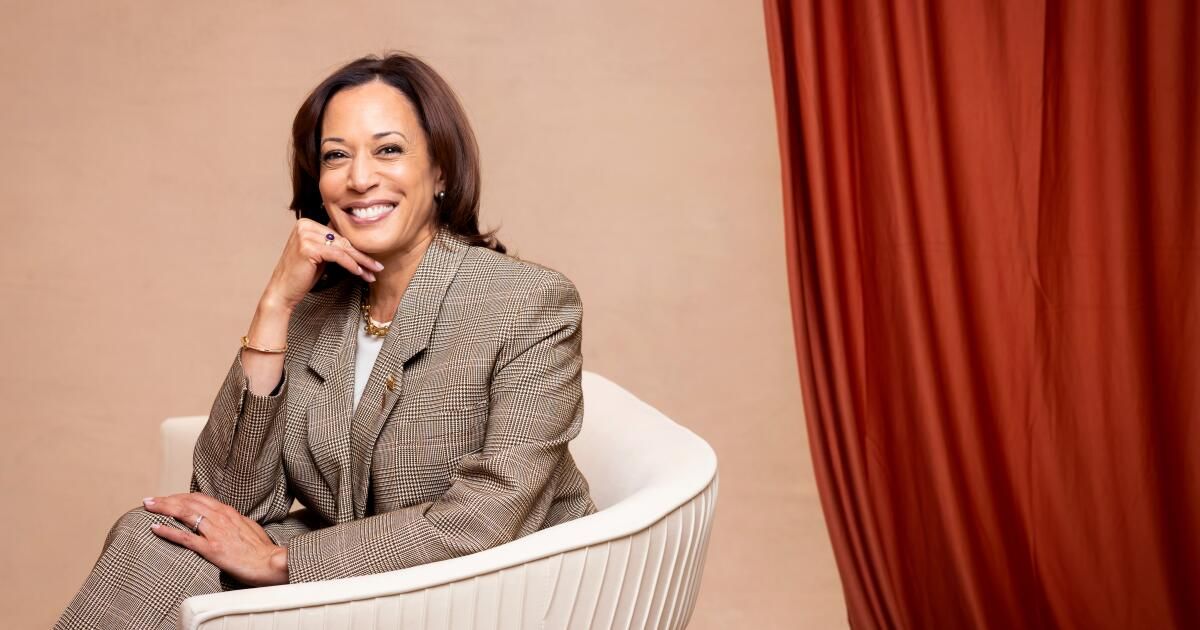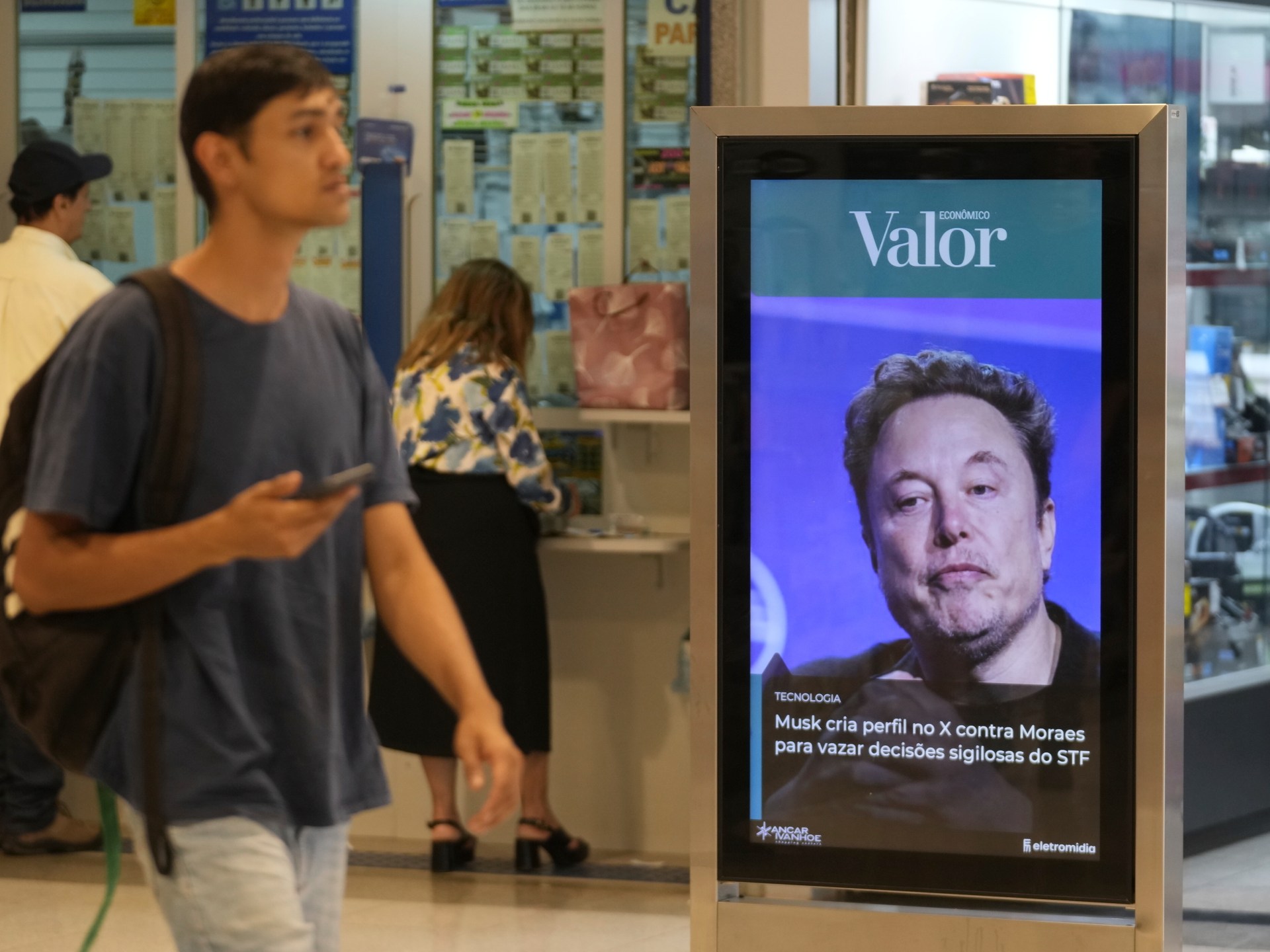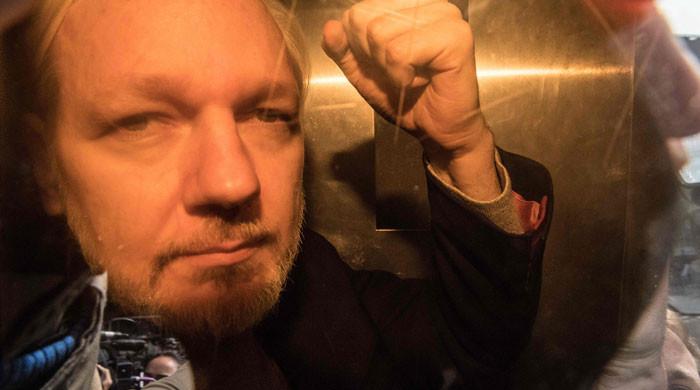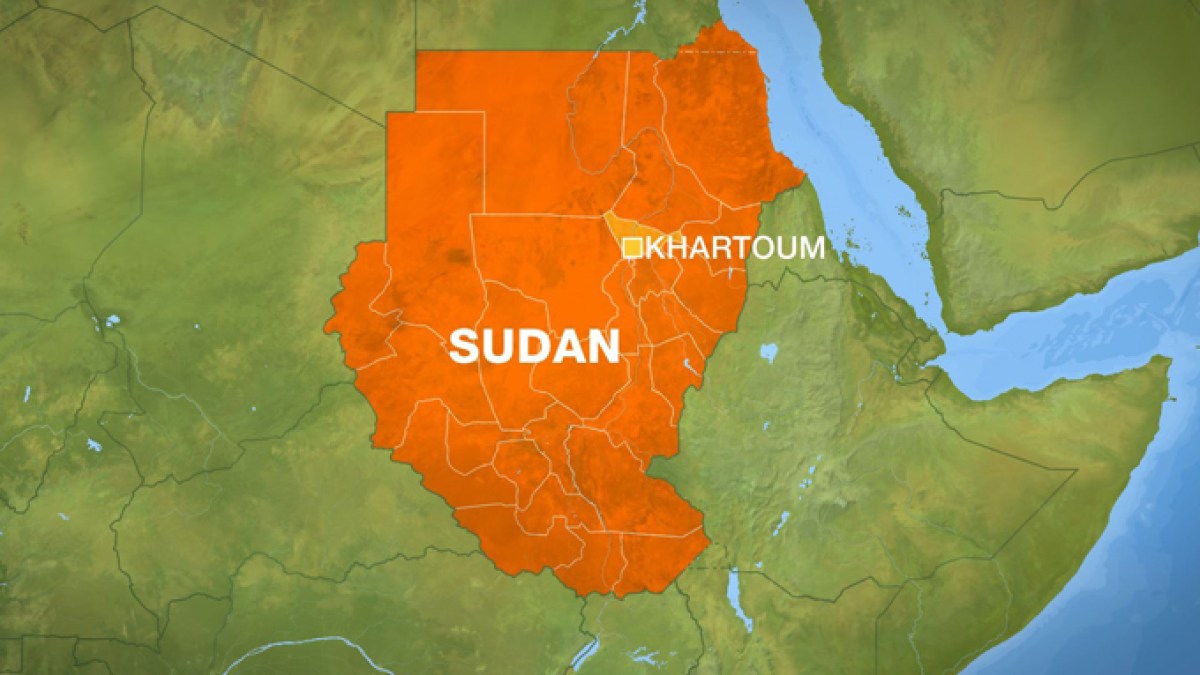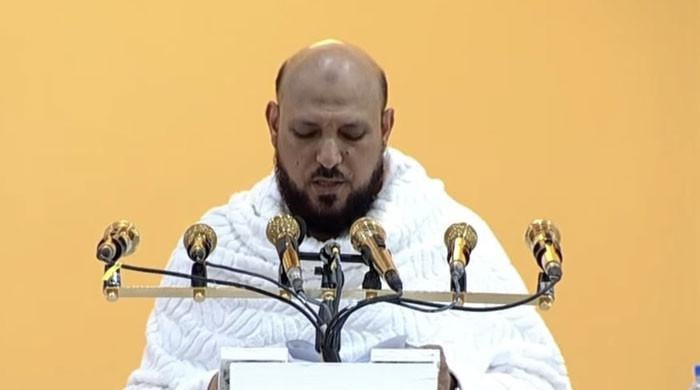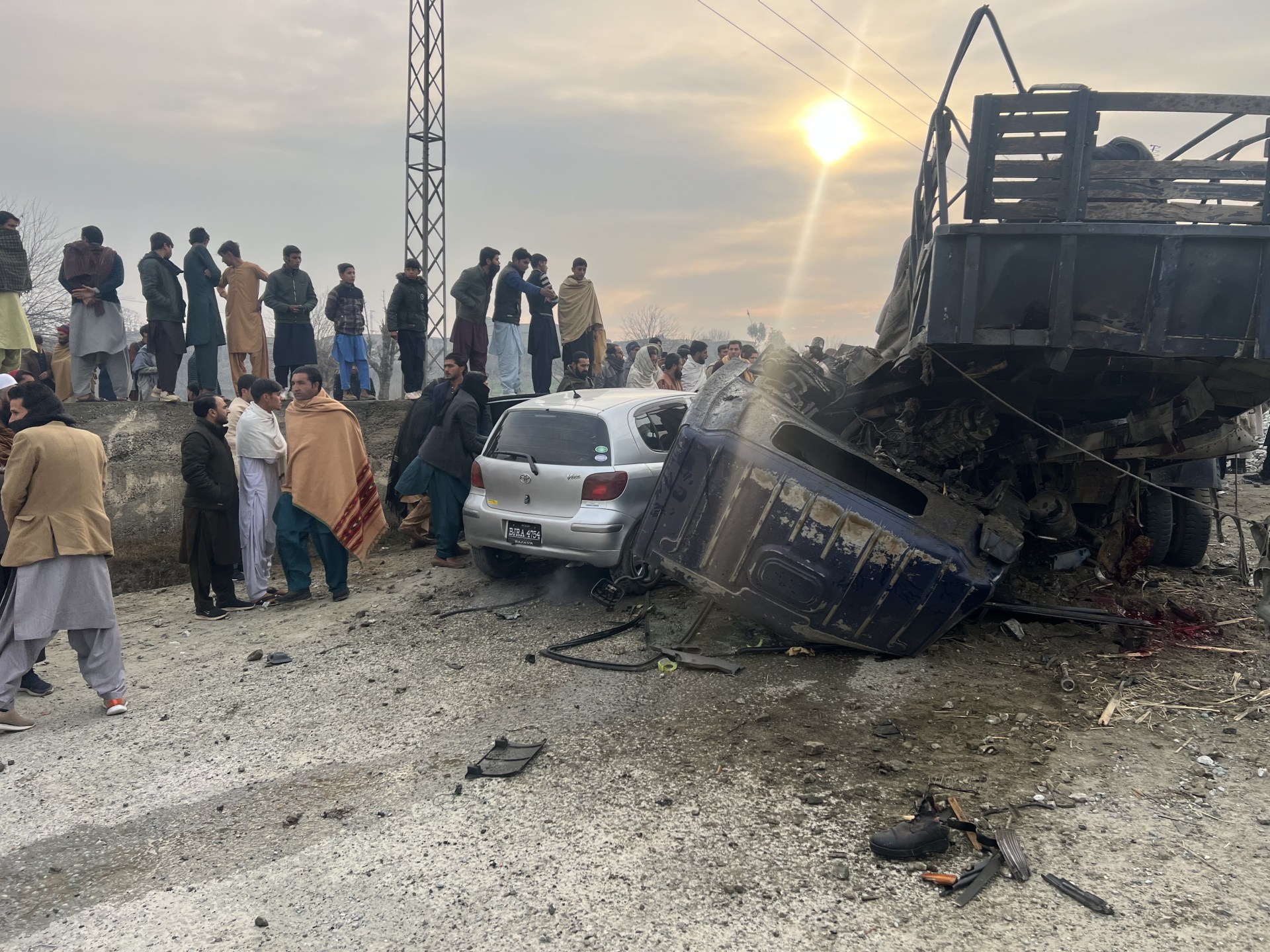Kamala Harris, photographed in Los Angeles on November 21.
Vice President Kamala Harris suddenly finds herself at the center of a maelstrom in the 2024 presidential election.
Following President Biden's poor performance in the debate at the end of June, a growing number of Democrats are calling on him to drop out of the race for the good of his party and the nation.
Our Revolution, a liberal political action committee, raised funds Wednesday based on a post-debate poll of more than 17,000 of its members that said roughly two-thirds wanted Biden replaced at the top of the Democratic ticket.
And prominent donors, including from Hollywood and Silicon Valley, have begun to publicly express concerns about Biden’s candidacy. His Friday night interview with ABC — an attempt to right his campaign — received lukewarm reviews, and the number of members of Congress calling for Biden to drop out rose to five on Saturday.

Discover the changemakers who are shaping every cultural corner of Los Angeles. This week, we bring you the latest installment of the LA Influencers: The Establishment series. These are the bosses, elected officials and A-listers who call the shots from the seats of power.
Biden, 81, has vowed to stay in the race, but if he steps aside, Harris — the nation’s first female, South Asian and Black vice president — would almost certainly be elevated to lead the campaign against former President Trump, the likely Republican nominee.
Harris, 59, the San Francisco district attorney, California attorney general and U.S. senator, had never lost a race when she announced her 2020 presidential bid. She has long been considered a rising star in the Democratic Party. Beyond representing a generational and racial shift, her skills as a prosecutor shone through during incisive, surgical questioning during Senate hearings.
But after announcing her White House campaign in 2019, Harris proved inconsistent, struggling to articulate what set her apart in a crowded Democratic field and to motivate donors and voters in early states. Campaign infighting didn’t help. She suspended her bid ahead of the Iowa primary, the nation’s first nominating contest.
Biden resurrected Harris’s political prospects by choosing her as his running mate, adding a youthful and diverse perspective to the presidential campaign of a white woman, then in her 70s, at a time when the country’s demographics were changing and racial unrest was at the forefront.
Democrats acknowledge that if Biden were to step back, bypassing Harris would alienate some Black voters — a decision that could be disastrous in battleground states like Michigan and Pennsylvania. If he were to endorse Harris, a Los Angeles resident for a decade, it would represent a new wave of national political power for Southern California, one the region hasn’t seen since the days of the late presidents Reagan and Nixon.
“Just as Biden has a limited amount of time to prove he can stay on the ticket, she has exactly the same amount of time to prove she should be the nominee if he steps aside,” said Dan Schnur, a professor of politics at USC, UC Berkeley and Pepperdine University. “The good news for her is that the way she would prove she’s ready to take the top spot is by saying and doing all the things she would do as a running mate anyway.”

For decades, San Francisco dominated Golden State politics, a status cemented by Bay Area leaderships of statewide elected officials and a political machine that produced some of the nation’s most prominent Democrats: former House Speaker Nancy Pelosi, former U.S. Sens. Dianne Feinstein and Barbara Boxer, and California Gov. Gavin Newsom and Jerry Brown.
But Harris — a product of Bay Area politics, which she has described as a “knuckle-down sport” — acknowledged that the state’s center of power has shifted.
“Election leaders in Los Angeles are taking on a role beyond Los Angeles and the state, and they are taking on roles at the national level,” he told The Times in an interview in Los Angeles last fall. “And by the way, they are doing an extraordinary job.”
“We are lucky to have a Californian in the White House as vice president simply because we don’t have much else left in Washington right now.”
— Sherry Bebitch Jeffe, political analyst and podcast co-host
Harris began her migration south while dating entertainment lawyer Doug Emhoff (she recalls moving in “a couple of sweaters at a time”) and had permanently relocated to Brentwood by the time they married in 2014.
The couple moved into Emhoff’s multimillion-dollar, four-bedroom home (later transferred to a trust using the couple’s initials) on a quiet street of mansions with swimming pools in Kenter Canyon, a neighborhood whose residents reportedly include model Gisele Bündchen, rap mogul Dr. Dre, Lakers star LeBron James and actress Gwyneth Paltrow.
Once established, Harris took classes at Brentwood’s SoulCycle and found places to buy fresh ingredients for her prized Sunday dinners, like Huntington Meats near the Grove and the neighborhood farmers market.
The year after Harris moved to Los Angeles, Boxer announced she would retire after her term ended in 2017, creating an opportunity to launch one of the state’s many rising Democratic figures onto the national stage. Harris seized the opportunity, becoming only the second Black woman elected to the upper chamber.
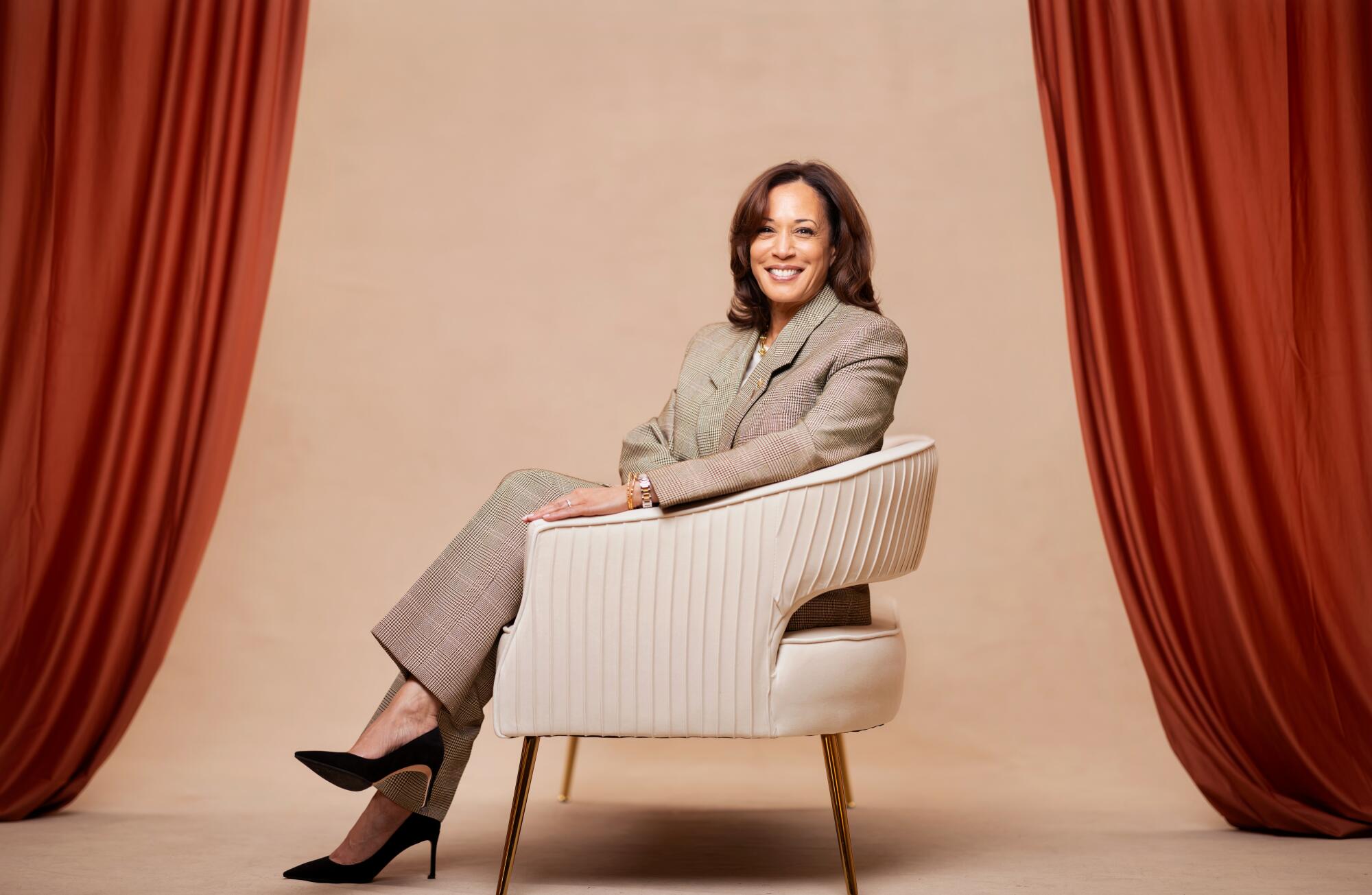
His ambitions for higher office were clear as he campaigned for Democrats across the country during the 2018 midterm elections, shortly before launching his bid for the White House.
“A lot was asked of her when she came to Los Angeles,” said U.S. Sen. Laphonza Butler, a longtime friend of Harris who served as an adviser on her 2020 presidential campaign.
Even before Biden’s stumbles, Harris, like other vice presidents, was seen as a possible heir apparent, given her visibility on the national stage and support from her party. One of the most important and challenging tasks of her portfolio was trying to improve economic, security and political conditions in Honduras, El Salvador and Guatemala to stem the number of migrants making the dangerous journey to the United States.
Harris's approval ratings have not been much better than Biden's, though her chances against Trump have improved since last month's debate.
He has already assembled a network of state officials, local party leaders and donors who could rally behind an Oval Office bid. And some polls indicate he has advantages among younger Americans and voters of color, key sectors of the Democratic electorate.
Heading into an election year, Biden’s team tasked her with trying to motivate those voters to support his reelection. She has spent the better part of a year building her profile around issues that disproportionately affect those groups, becoming the administration’s leading voice on abortion protections, gun safety and climate action.
Last fall, she toured college campuses to mobilize students around the administration’s initiatives on abortion access, climate change, voting rights, and LGBTQ+ equality. In January, she began another tour to oppose state restrictions on abortion rights and has hosted a number of recent events on how the administration is addressing gun violence.
Harris has been traveling more as the campaign heats up, playing a major role in shaping the Biden administration’s message to voters the president needs to win back in November. But she is also positioned to serve as an advocate for California at a time when the state’s political clout in Washington is waning.
“The shift of power, frankly, is moving away from California” because of Pelosi’s retirement and loss of Senate seniority, said Sherry Bebitch Jeffe, a political analyst and co-host of the “Inside Golden State Politics” podcast. “We’re lucky to have a Californian in the White House as vice president simply because we don’t have much else left in Washington right now.”
'In the future, when people think about California politics, they will increasingly think about Southern California rather than the San Francisco Bay Area.'
— Jack Pitney, professor of political science at Claremont McKenna College
Harris has allies and fellow Angelenos in the Senate. Alex Padilla was appointed to fill her seat after she was elected vice president, becoming the first Latino to represent California in the upper chamber. Newsom’s subsequent choice of Butler, who has made Los Angeles her home base, to replace Feinstein further tilted the balance toward Southern California.
“Going forward, when people think about California politics, they'll increasingly think about Southern California rather than the San Francisco Bay Area,” said Jack Pitney, a political science professor at Claremont McKenna College, who noted that “San Francisco Democrat” is no longer Republican shorthand to dismiss more progressive figures.

